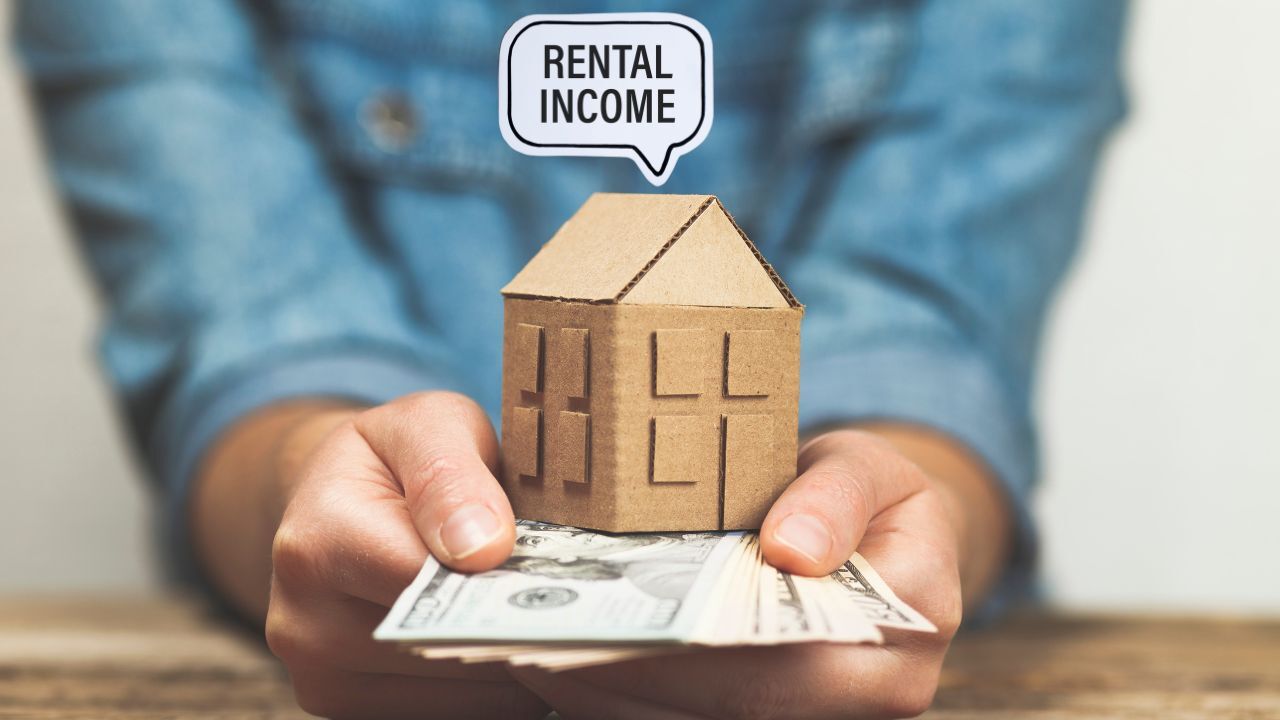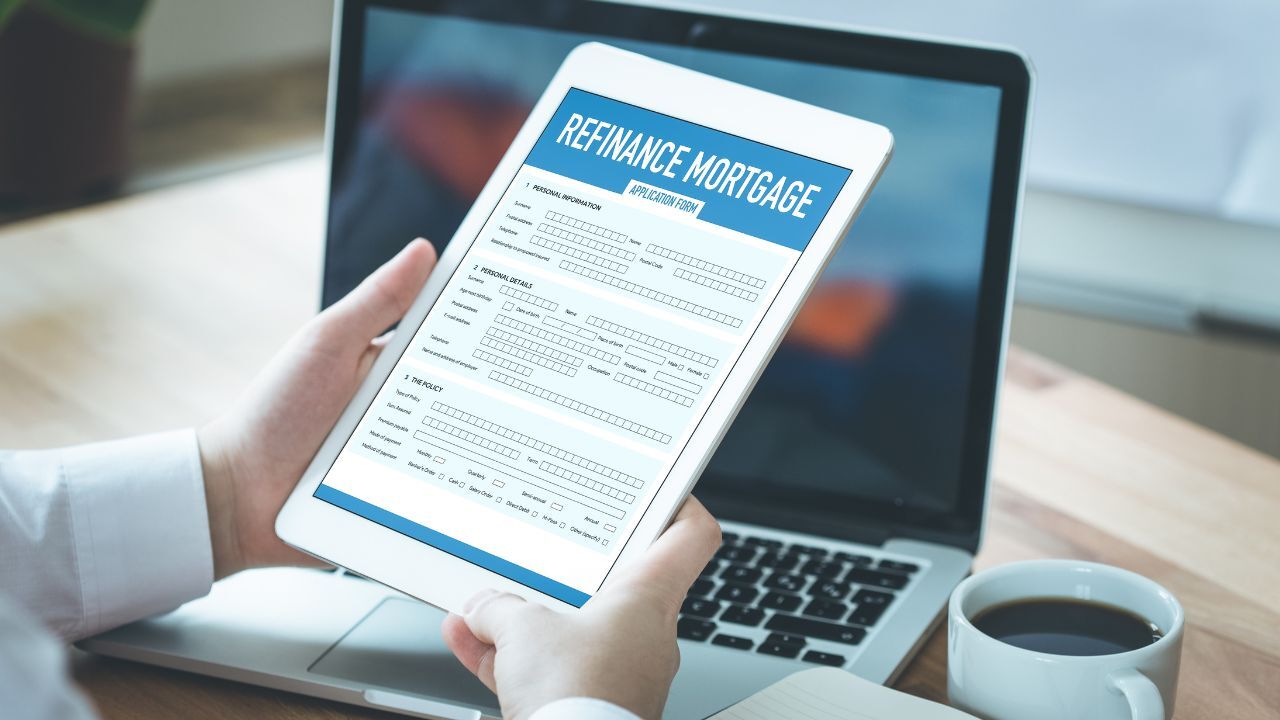
Over the weekend, the recent talks with China and the U.S. about the recent tariffs have been said to be making progress recently in Geneva, leading to restoring some stability across all sectors and markets. The prior week, the FOMC decided not to change the rates and that will likely be the case in the foreseeable future. While having less presence due to the current economic climate, this week’s CPI and PPI inflation data releases remain as important as ever. These reports will offer insight into the recent impact of the trade war and help inform expectations for the near-term economic outlook.
Trade Deficit
The U.S. international trade deficit, including goods and services, widened 14% in March to a record seasonally adjusted $140.5 billion, the Commerce Department said Tuesday, as companies rushed to import foreign products while they were slightly cheaper than they would be with White House tariffs added to the cost. Economists surveyed by The Wall Street Journal had predicted the deficit would widen to $136 billion from $122.7 billion in February.
FOMC Rate Decision
At its May 7, 2025, meeting, the Federal Open Market Committee (FOMC) unanimously decided to keep the federal funds rate unchanged at 4.25% to 4.5%, maintaining the rate at this level since December 2024. The Fed attributed this decision to increasing concerns about rising unemployment and inflation risks.
Primary Mortgage Market Survey Index
• 15-Yr FRM rates saw a decrease of -0.03% for this week, with the current rate at 5.89%
• 30-Yr FRM rates saw no change for this week, with the current rate at 6.76%
MND Rate Index
• 30-Yr FHA rates saw a decrease of -0.03% for this week. Current rates at 6.25%
• 30-Yr VA rates saw a decrease of -0.05% for this week. Current rates at 6.25%
Jobless Claims
Initial Claims were reported to be 228,000 compared to the expected claims of 230,000. The prior week landed at 241,000.
What’s Ahead
Consumer Price Index and the Producer Price Index are set to release next week, highlighting the biggest indicators of the impact of the recent tradewar on the average consumer.
 Securing a mortgage can be challenging for self-employed borrowers, especially those with irregular income. Traditional lenders typically rely on W-2s and steady paychecks to assess financial stability, which can make qualifying more complex for business owners, freelancers, and gig workers. However, several mortgage options cater specifically to self-employed individuals, allowing them to secure financing based on alternative income verification methods.
Securing a mortgage can be challenging for self-employed borrowers, especially those with irregular income. Traditional lenders typically rely on W-2s and steady paychecks to assess financial stability, which can make qualifying more complex for business owners, freelancers, and gig workers. However, several mortgage options cater specifically to self-employed individuals, allowing them to secure financing based on alternative income verification methods. For real estate investors and homeowners looking to purchase additional properties, rental income can play a crucial role in mortgage qualification. Lenders often consider this income when assessing a borrower’s ability to repay a loan, but the way it is calculated and applied varies based on different loan programs and underwriting guidelines. Understanding how rental income factors into mortgage approval can help buyers maximize their borrowing potential and secure favorable financing terms.
For real estate investors and homeowners looking to purchase additional properties, rental income can play a crucial role in mortgage qualification. Lenders often consider this income when assessing a borrower’s ability to repay a loan, but the way it is calculated and applied varies based on different loan programs and underwriting guidelines. Understanding how rental income factors into mortgage approval can help buyers maximize their borrowing potential and secure favorable financing terms. When purchasing a home in a community with a Homeowner’s Association (HOA), it’s important to understand how this organization can impact your mortgage approval. While HOAs provide benefits like maintaining neighborhood amenities and enforcing community standards, they also add financial obligations that lenders consider when evaluating your loan application.
When purchasing a home in a community with a Homeowner’s Association (HOA), it’s important to understand how this organization can impact your mortgage approval. While HOAs provide benefits like maintaining neighborhood amenities and enforcing community standards, they also add financial obligations that lenders consider when evaluating your loan application. Buying a home is one of the most significant financial decisions a person can make, and understanding the costs involved is essential. Online mortgage calculators have become a valuable tool for borrowers, helping them estimate monthly payments, compare loan options, and determine affordability, all from the convenience of their computer or phone.
Buying a home is one of the most significant financial decisions a person can make, and understanding the costs involved is essential. Online mortgage calculators have become a valuable tool for borrowers, helping them estimate monthly payments, compare loan options, and determine affordability, all from the convenience of their computer or phone.
 Buying a home is an exciting milestone, but if you are on a visa or have a green card, you may wonder how your immigration status impacts your mortgage options. The good news is that many lenders offer home loans to non-citizens, though the process may involve additional requirements. Understanding your options can help you navigate the path to homeownership with confidence.
Buying a home is an exciting milestone, but if you are on a visa or have a green card, you may wonder how your immigration status impacts your mortgage options. The good news is that many lenders offer home loans to non-citizens, though the process may involve additional requirements. Understanding your options can help you navigate the path to homeownership with confidence. Buying a home is an exciting milestone, but it also comes with a range of upfront costs that can add up quickly. One of the biggest financial concerns for many homebuyers is closing costs. These expenses, which typically range from 2 to 5 percent of the home’s purchase price, can put a strain on your budget. If you are wondering whether you can roll your closing costs into your mortgage to reduce your upfront expenses, the answer depends on the type of loan you are using and your lender’s guidelines.
Buying a home is an exciting milestone, but it also comes with a range of upfront costs that can add up quickly. One of the biggest financial concerns for many homebuyers is closing costs. These expenses, which typically range from 2 to 5 percent of the home’s purchase price, can put a strain on your budget. If you are wondering whether you can roll your closing costs into your mortgage to reduce your upfront expenses, the answer depends on the type of loan you are using and your lender’s guidelines. Buying a home is a major financial milestone, and saving for a down payment can be one of the biggest challenges. If you’re struggling to gather the necessary funds, you might be considering using your 401(k) retirement savings to cover the cost. While this option is available, it’s essential to weigh the potential benefits and risks before making a decision.
Buying a home is a major financial milestone, and saving for a down payment can be one of the biggest challenges. If you’re struggling to gather the necessary funds, you might be considering using your 401(k) retirement savings to cover the cost. While this option is available, it’s essential to weigh the potential benefits and risks before making a decision. When buying a home, one of the most critical financial decisions is determining how much of your income should go toward your mortgage. Striking the right balance ensures that you can comfortably afford your home without stretching your budget too thin. Lenders use various guidelines to help buyers determine affordability, but personal financial goals and lifestyle should also factor into the decision.
When buying a home, one of the most critical financial decisions is determining how much of your income should go toward your mortgage. Striking the right balance ensures that you can comfortably afford your home without stretching your budget too thin. Lenders use various guidelines to help buyers determine affordability, but personal financial goals and lifestyle should also factor into the decision.